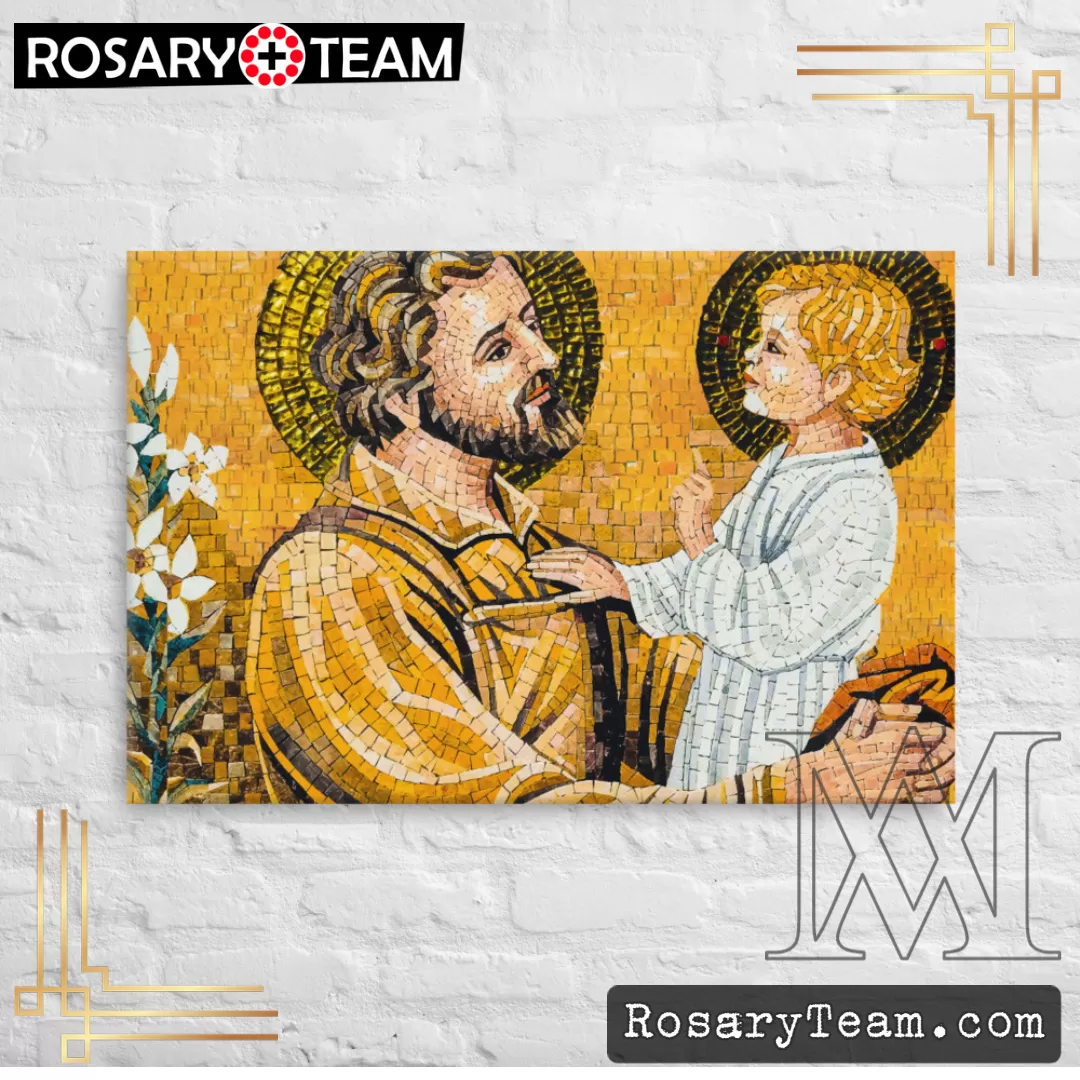SECTION TWO THE TEN COMMANDMENTS
a covenant
with us in Horeb.”).24
- SECTION TWO THE TEN COMMANDMENTS
From The Catechism of the Catholic Church – rosary.team
Original Link: https://www.vatican.va/archive/ENG0015/__P78.HTM

a covenant
with us in Horeb.”).24
From The Catechism of the Catholic Church – rosary.team
Original Link: https://www.vatican.va/archive/ENG0015/__P78.HTM

From The Catechism of the Catholic Church – rosary.team
Original Link: https://www.vatican.va/archive/ENG0015/__P78.HTM

573
Faith can therefore try to examine the circumstances of Jesus’ death,
faithfully handed on by the Gospels316 and illuminated by other
historical sources, the better to understand the meaning of the Redemption.
From The Catechism of the Catholic Church – rosary.team
Original Link: https://www.vatican.va/archive/ENG0015/__P1M.HTM

1806
Prudence is the virtue that disposes practical reason to discern our true good
in every circumstance and to choose the right means of achieving it; “the
prudent man looks where he is going.”65 “Keep sane and sober
for your prayers.”66 Prudence is “right reason in
action,” writes St. Thomas Aquinas, following Aristotle.67 It is
not to be confused with timidity or fear, nor with duplicity or dissimulation.
It is called auriga virtutum (the charioteer of the virtues); it guides the
other virtues by setting rule and measure. It is prudence that immediately
guides the judgment of conscience. the prudent man determines and directs his
conduct in accordance with this judgment. With the help of this virtue we apply
moral principles to particular cases without error and overcome doubts about
the good to achieve and the evil to avoid.
From The Catechism of the Catholic Church – rosary.team
Original Link: https://www.vatican.va/archive/ENG0015/__P65.HTM

The Spirit
of the promise
From The Catechism of the Catholic Church – rosary.team
Original Link: https://www.vatican.va/archive/ENG0015/__P22.HTM

2734
Filial trust is tested – it proves itself – in tribulation.22 The
principal difficulty concerns the prayer of petition, for oneself or for others
in intercession. Some even stop praying because they think their petition is
not heard. Here two questions should be asked: Why do we think our petition has
not been heard? How is our prayer heard, how is it “efficacious”?
Why do we complain of not being heard?
From The Catechism of the Catholic Church – rosary.team
Original Link: https://www.vatican.va/archive/ENG0015/__P9R.HTM

827
“Christ, ‘holy, innocent, and undefiled,’ knew nothing of sin, but came
only to expiate the sins of the people. the Church, however, clasping sinners
to her bosom, at once holy and always in need of purification, follows
constantly the path of penance and renewal.”299 All members of the
Church, including her ministers, must acknowledge that they are
sinners.300 In everyone, the weeds of sin will still be mixed with the
good wheat of the Gospel until the end of time.301 Hence the Church
gathers sinners already caught up in Christ’s salvation but still on the way to
holiness:
From The Catechism of the Catholic Church – rosary.team
Original Link: https://www.vatican.va/archive/ENG0015/__P29.HTM

From The Catechism of the Catholic Church – rosary.team
Original Link: https://www.vatican.va/archive/ENG0015/__P8X.HTM

8
Periods
of renewal in the Church are also intense moments of catechesis. In the great
era of the Fathers of the Church, saintly bishops devoted an important part of
their ministry to catechesis. St. Cyril of Jerusalem and St. John Chrysostom,
St. Ambrose and St. Augustine, and many other Fathers wrote catechetical works
that remain models for us.11
From The Catechism of the Catholic Church – rosary.team
Original Link: https://www.vatican.va/archive/ENG0015/__P3.HTM

may God give you pardon and
peace,
From The Catechism of the Catholic Church – rosary.team
Original Link: https://www.vatican.va/archive/ENG0015/__P4C.HTM